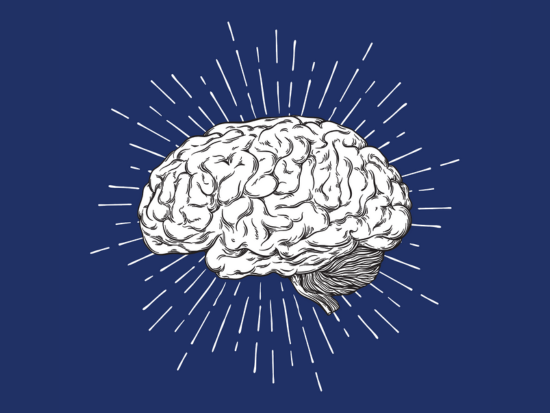 In a remarkable display of innovation and collaboration, the UAB mission:brain team was named one of the top 10 finalists in the mission:brain Foundation’s 3rd Annual Global Virtual Hackathon, which took place from June 28-30, 2024.
In a remarkable display of innovation and collaboration, the UAB mission:brain team was named one of the top 10 finalists in the mission:brain Foundation’s 3rd Annual Global Virtual Hackathon, which took place from June 28-30, 2024.
This achievement followed 36 hours of intensive work and innovative discussions with a supportive task force, culminating in a final pitch to a panel of leaders in neurosurgery, business and engineering.
The mission:brain Hackathon is internationally renowned for bringing together bright minds from around the world to address challenges in global neurosurgery and expand care to underserved populations. This year’s event saw 450 applicants, with 250 accepted participants forming 75 teams. Only 30 teams made it to the finals, with the UAB team securing a spot among the top 10.
The UAB mission:brain team, comprised of Rishi Devulapalli and Bryant Barrentine, students at the Marnix E. Heersink School of Medicine, and Miriam Morales, a student at the Universidad Autónoma del Estado de México (Autonomous University of Mexico State), was challenged with developing a solution for pressure ulcer (PU) prevention in Sierra Leone, a country on the southwest coast of West Africa. PUs are particularly prevalent among neurosurgical patients who require prolonged bed rest, making it a critical area of focus for improving patient outcomes.
According to Devulapalli, Barrentine and Morales, PUs, which are commonly caused by extended hospital stays and hot, humid environments, pose a multi-faceted threat to patients, hospitals and healthcare workers, affecting the economic burden, morbidity and mortality rates and hospital workflow. Current prevention measures used in Sierra Leone include water bags and log roll techniques, which do not effectively address the key causes of PUs.
As a solution, Devulapalli, Barrentine and Morales designed an apparatus that works by cycling water through alternating channels in a mattress topper, cooling it with a radiator and fan. This reduces heat, humidity and pressure on the skin, thereby preventing PUs. This device is cost effective and reusable, with parts available to be sourced locally in Sierra Leone.
Throughout the hackathon, members of the Department of Neurosurgery Global Neurosurgery Program team acted as mentors, providing guidance and expertise that was instrumental to the UAB mission:brain team’s success.
“Navigating the dozens of barriers to addressing global neurosurgical issues is no walk in the park, but watching the power of collaboration and drive this weekend was incredibly inspiring to keep trying,” said Devulapalli, reflecting on his experience during the event.
Participants in the hackathon joined virtual teams to construct practical solutions for neurosurgical cases based on patient experiences in low and middle-income countries. The solutions could address a variety of areas, including policy, surgical techniques, funding, supply chain, databases and medical devices.
The event concluded with pitch presentations and judging. Although only the top three teams received prizes, the UAB team’s placement among the top 10 finalists is a testament to their hard work, dedication and innovative approach.
The mission:brain Foundation’s event aims to foster a collaborative environment where participants can leverage their diverse backgrounds and expertise to create impactful solutions. The event’s format encourages participants to think creatively and work together to tackle real-world problems, making it a unique platform for advancing global health.
The UAB mission:brain team’s success underscores the importance of fostering innovation and collaboration in the medical field. By bringing together thought leaders from diverse disciplines, there is a greater opportunity to generate fresh ideas and practical solutions to some of the most pressing global health challenges.
For more information about the mission:brain Foundation and the Global Virtual Hackathon, visit www.missionbrain.org.